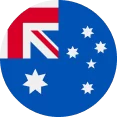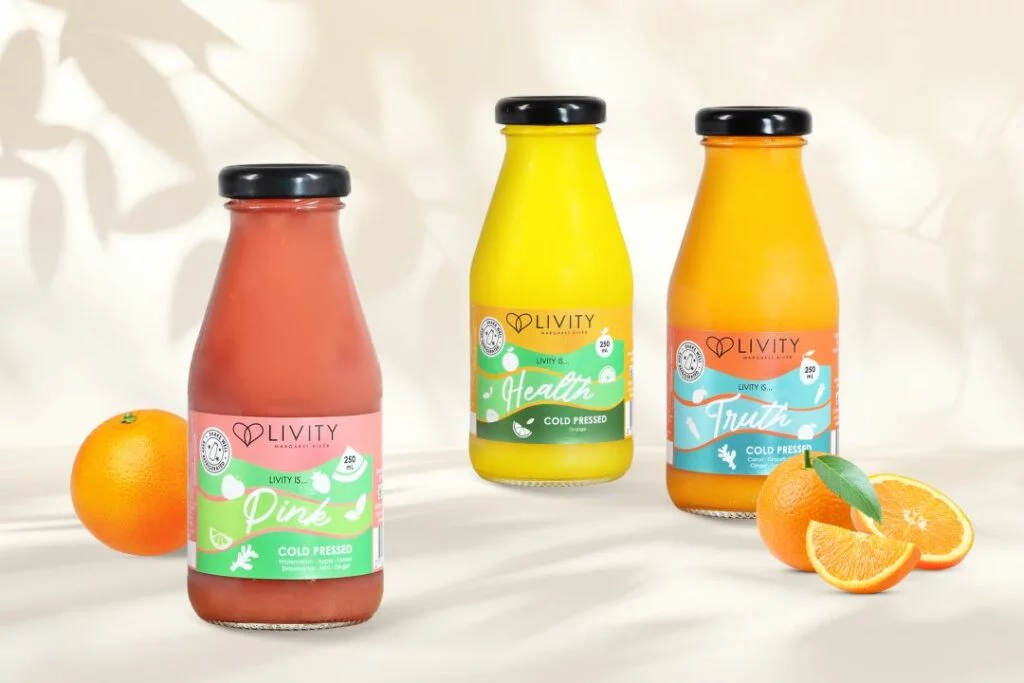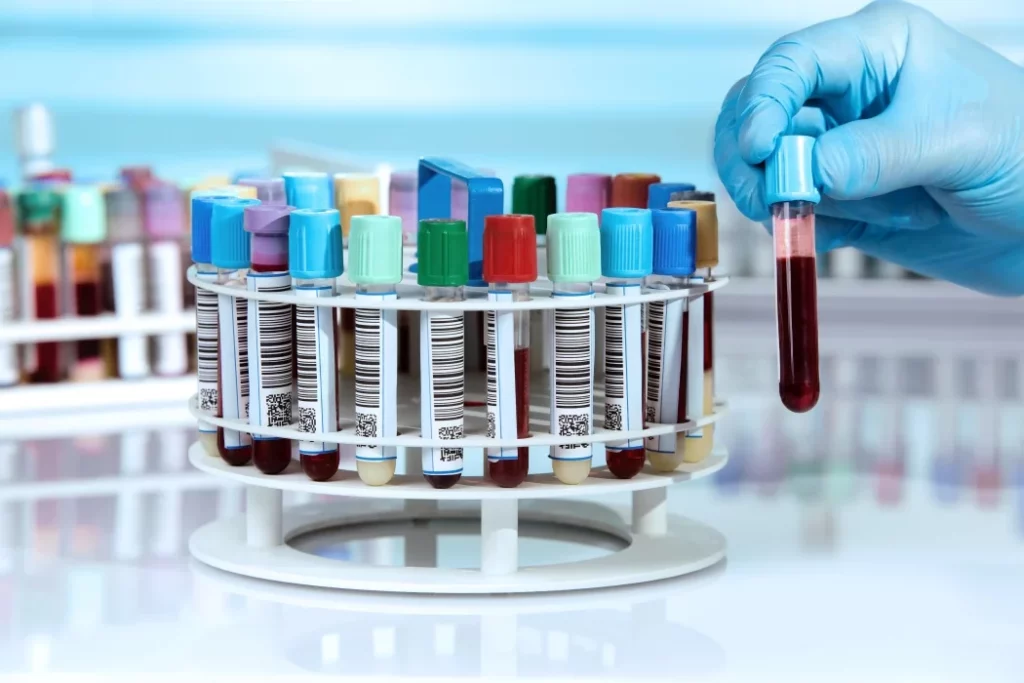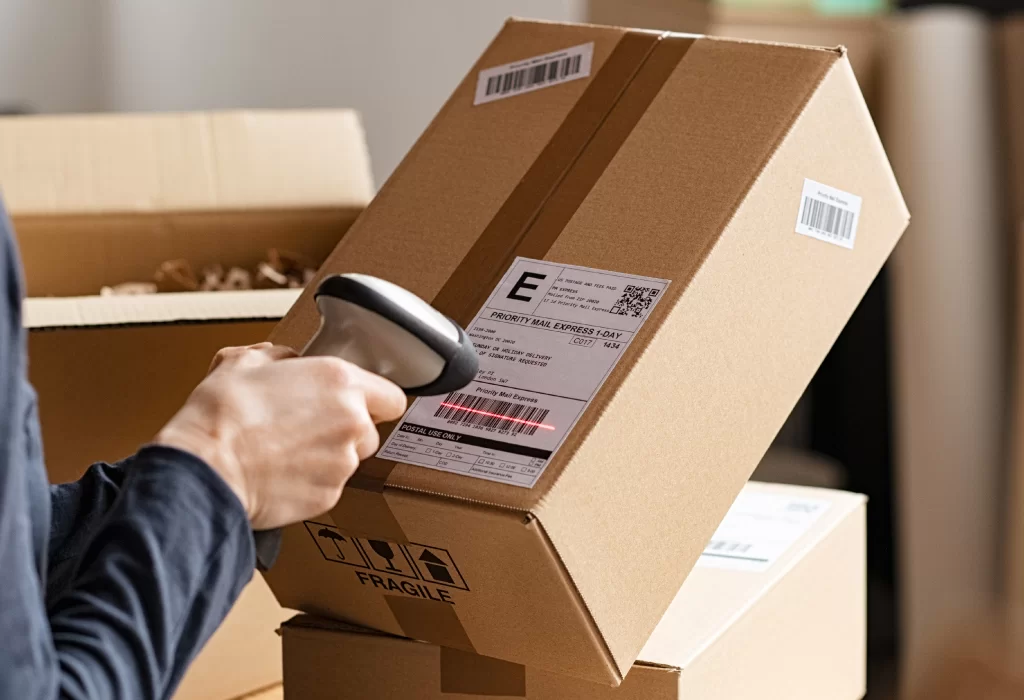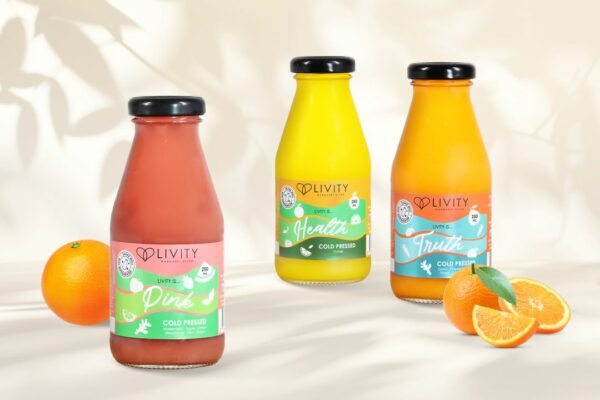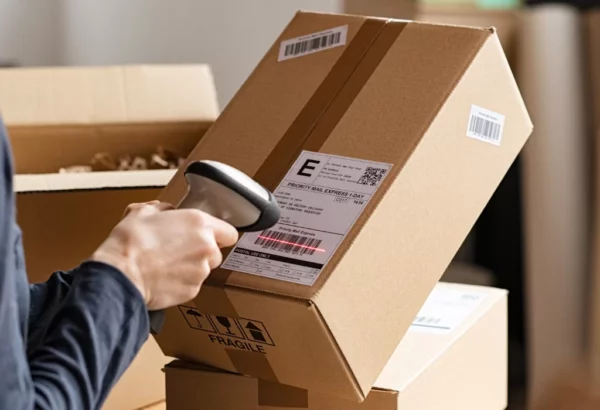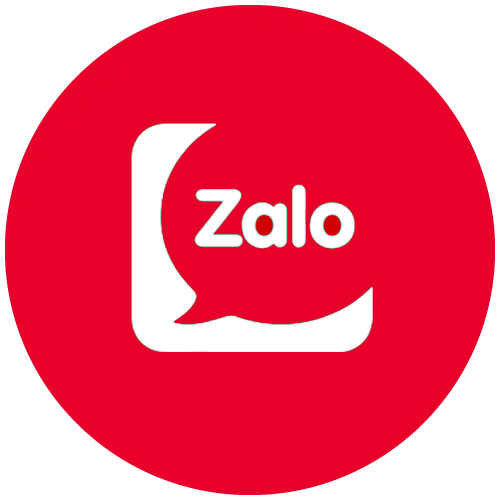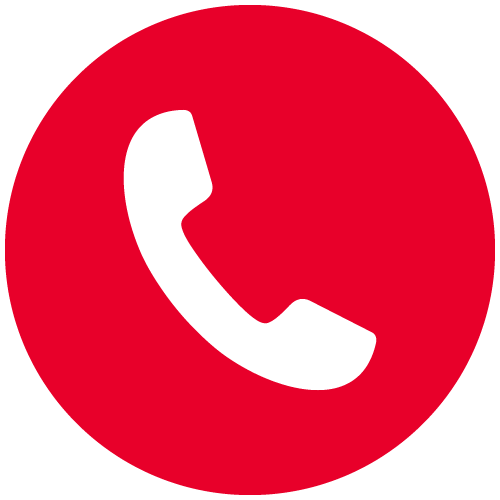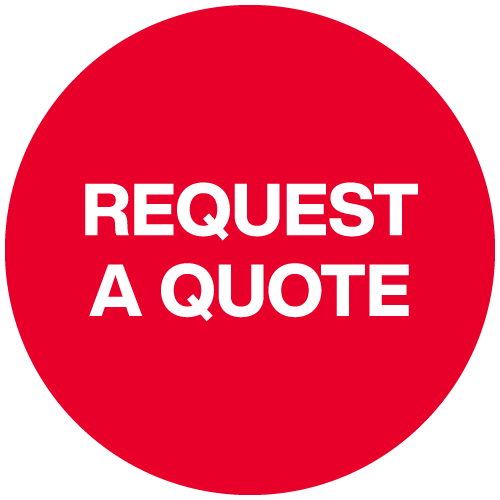I. What’s A Safety Label?
Safety labels are designed with essential visual warnings to inform and protect individuals from potential hazards. Key components of safety labels include symbols, warning texts, and colour codes, all of which help convey urgency and the nature of the hazard.
Safety labels must ensure clarity and simplicity via:
- Universally recognised symbols (such as those from GHS labels or ISO standards).
- Text and colour codes need to ensure readability and convey the urgency of the potential hazard.
- Must be placed in visible areas like on the front/back of packages, or before the entrances to hazardous environments.
- Any instructions provided should be concise and actionable.
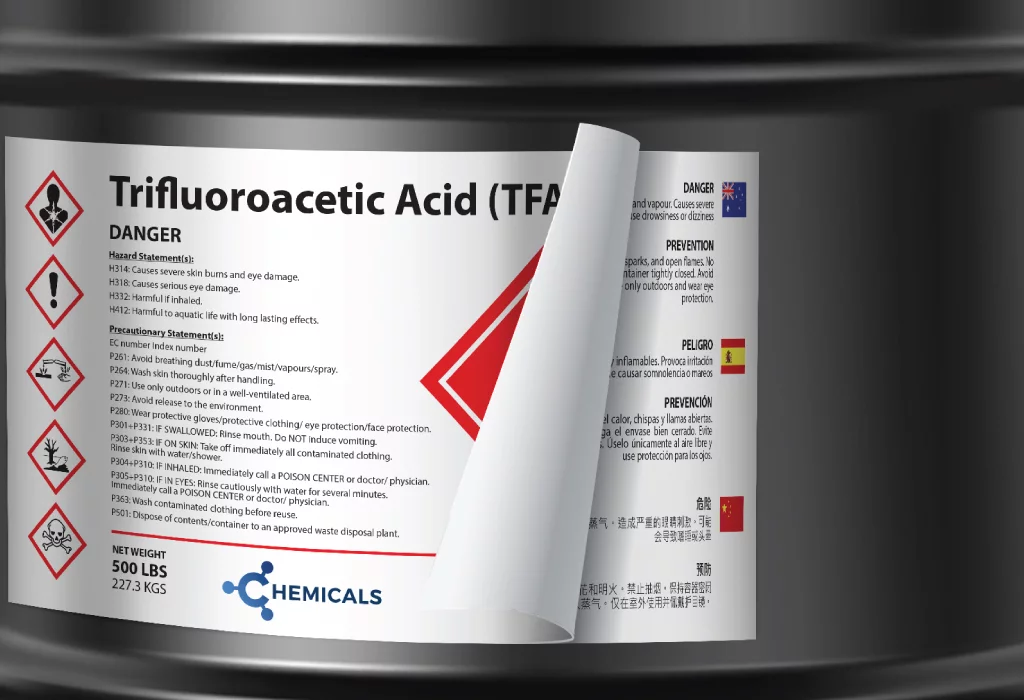
II. Regulatory Compliance For Safety Labels
In Australia, safety labels must follow the laws of the Australian Consumer Law (ACL), which is enforced by the Australian Competition and Consumer Commission (ACCC) as well as individual state and territory protection agencies.
III. What Are Common Types Of Safety Labels For Products?
1. Hazard Warning Labels
Hazard warning labels alert users to potential dangers such as toxic chemicals, flammability, or biohazards. According to Safe Work Australia, these labels use standardised symbols and clear wording to communicate the risks associated with a product or environment. Their role is to prevent accidents and injuries by providing immediate visual warnings and ensuring the safety of users and those nearby.
Types of hazard warning labels: Chemical hazard labels, biohazard labels, flammable material labels, electrical hazard labels, radioactive material labels, toxic substance labels, and explosive hazard labels.
What Industries Can Hazard Labels Be Applied?
- Chemicals, Paint & Cleaning: biohazard labels, flammable materials labels, toxic substance labels, etc.
- Medicals: labels that warn about side effects, and safe usage of medications.
- Agriculture: labels are used on pesticides, and fertilisers to communicate about safety practices, namely toxic substance labels.
2. Instructional & Informational Labels
Instructional and informational labels provide guidance on the use, storage, and maintenance of products. These labels are critical in helping users follow correct procedures, minimising the risk of misuse or damage. They often include step-by-step instructions or important details about the product.
Types of instructional & informational labels: Usage instructions labels, storage and handling labels, maintenance instruction labels, assembly instruction labels, product care labels, safety procedure labels, and dosage instruction labels.
What Industries Can Instructional & Informational Labels Be Applied?
- Food & Dairy: providing cooking instructions, nutritional information, and allergen warnings.
- Personal care: storage labels, handling labels, product care labels.
- Medical & Healthcare: including dosage instruction labels and safety warnings.
3. Compliance Labels
Compliance labels verify that a product meets regulatory standards set by government bodies or industry associations. These labels indicate that the product has been tested and approved, ensuring its safety, quality, and legality.
Types of compliance labels: Regulatory compliance labels, quality assurance labels, environmental compliance labels, testing and certification labels, and warranty labels.
What Industries Can Compliance Labels Be Applied?
- Food & Dairy: following regulations and ensuring compliance with food & dairy products is paramount to building trust with consumers. Regulatory bodies include organisations like the Food Standards Code.
- Medical & Healthcare: pharma and healthcare must abide by standards set by bodies like the Therapeutic Goods Administration and FDA to ensure consumer safety.
- Chemical & Industrial: Finally, an organisation like the Globally Harmonised System of Classification and Labelling of Chemicals (GHS) helps standardise information about hazardous chemicals.
IV. Getting To Know The Importance Of Safety Labels With QLM Group
Safety labels offer numerous advantages—from enhancing product safety to communicating critical information and ensuring compliance with regulations. By clearly identifying hazards, providing usage instructions, and meeting industry standards, safety labels protect consumers and businesses alike from potential risks and legal issues.
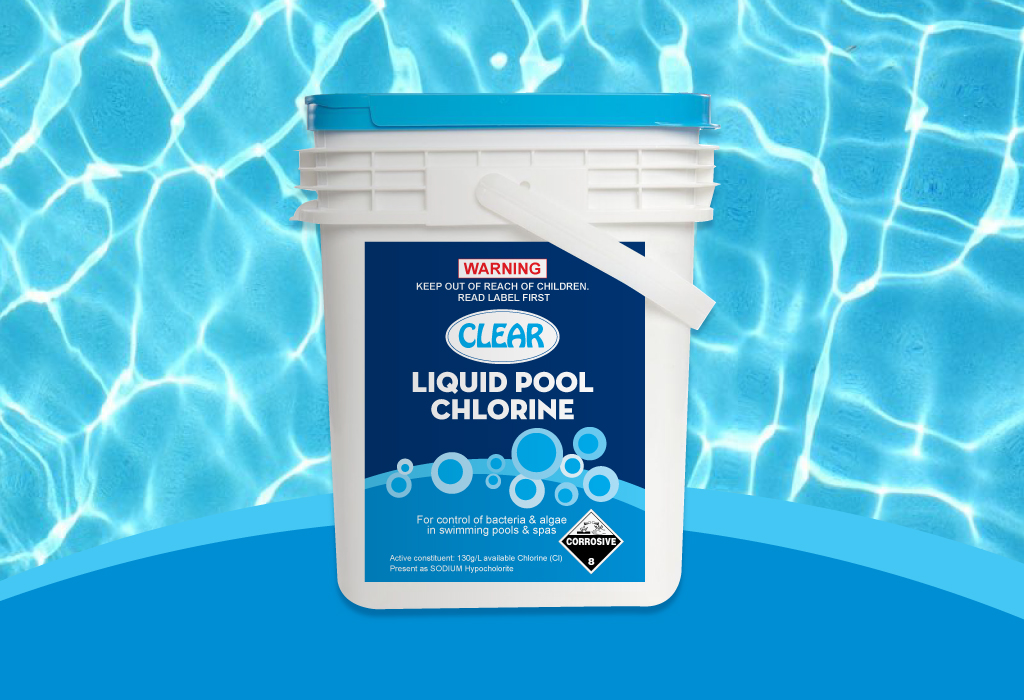
At QLM Group, we understand the importance of high-quality safety labels. Our team provides tailored solutions with advanced printing technology, durable materials, and regulatory expertise. We guarantee our labels will satisfy any one of your specific needs—To get started, contact us now!

